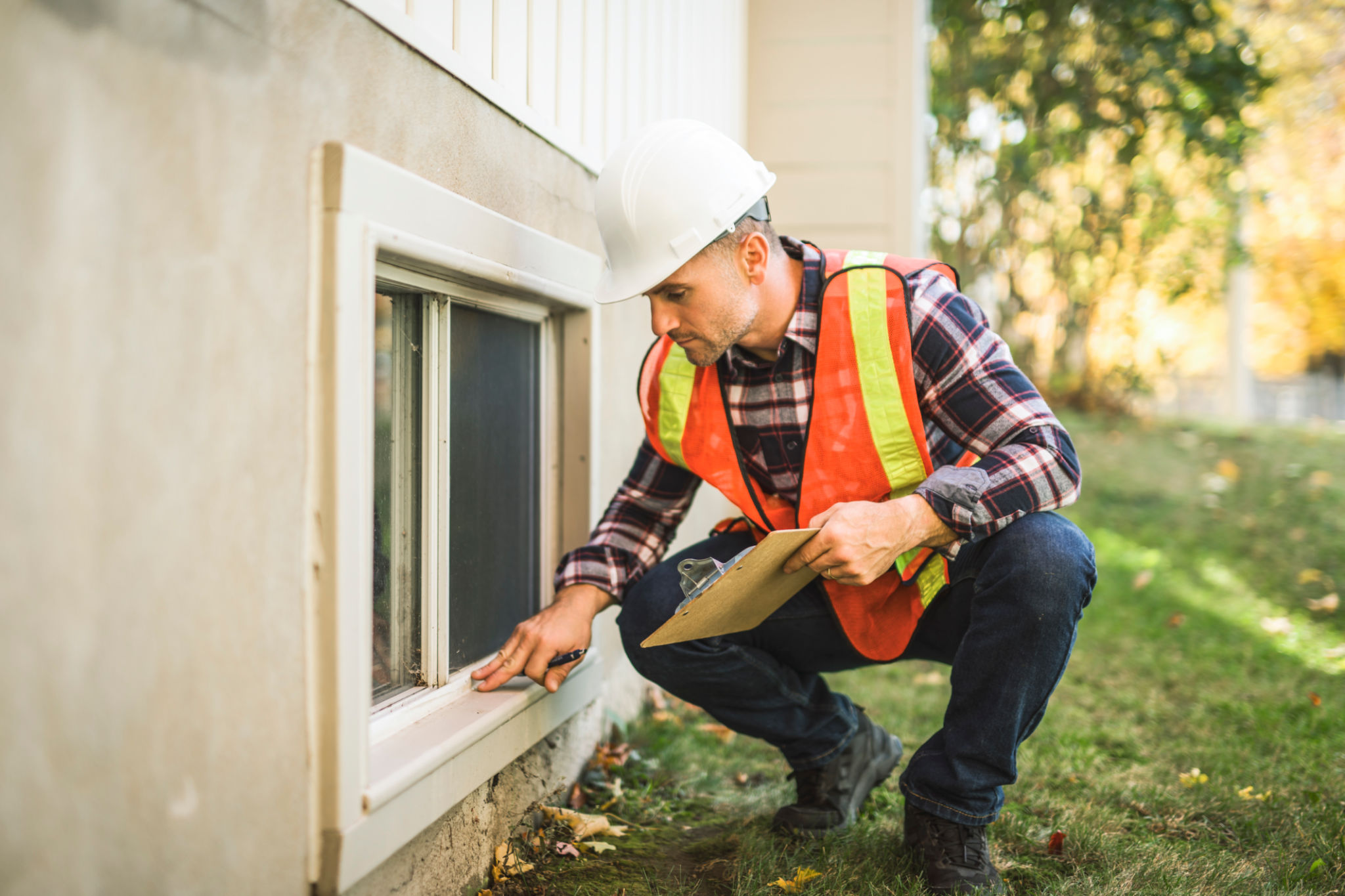Understanding the Home Inspection Process: What Buyers Need to Know
Introduction to Home Inspections
Buying a home is one of the most significant investments you'll make in your lifetime, and understanding the home inspection process is crucial to ensure you make a sound decision. A home inspection provides an in-depth look at the property's condition, helping you avoid costly surprises down the road. In this blog post, we'll explore what buyers need to know about this essential step in the home-buying journey.
What is a Home Inspection?
A home inspection is a comprehensive evaluation of a property's condition, conducted by a professional inspector. The inspector examines various components of the house, including the structure, roof, plumbing, electrical systems, and more. The goal is to identify any existing or potential issues that could affect the property's value or the safety of its occupants.

Why Home Inspections Matter
The importance of a home inspection cannot be overstated. It can uncover hidden problems that aren't visible during a regular viewing. Understanding these issues can give you leverage in negotiations or help you decide whether to proceed with the purchase. In some cases, inspections can even prevent you from making a costly mistake.
The Home Inspection Process
Typically, the home inspection process begins after you've made an offer on a property. Once your offer is accepted, you'll hire a licensed inspector to conduct the evaluation. The inspection usually takes a few hours, during which the inspector will assess various aspects of the home, documenting any concerns in a detailed report.
What Inspectors Look For
During the inspection, key areas of focus include:
- Structural Elements: Foundation, walls, and roof integrity.
- Systems and Appliances: HVAC systems, plumbing, and electrical wiring.
- Exterior and Interior Conditions: Windows, doors, and overall aesthetics.

Interpreting the Inspection Report
Once the inspection is complete, you'll receive a report detailing the findings. It's essential to review this document carefully, as it provides valuable insights into the property's condition. Pay close attention to any significant issues that may require immediate attention or could influence your decision to purchase the home.
Negotiating Based on Inspection Results
If the inspection uncovers problems, you have several options. You can negotiate with the seller to have the issues repaired before closing, request a price reduction, or ask for a credit to address the repairs yourself. In some cases, if the problems are extensive, you might choose to walk away from the deal altogether.

Choosing the Right Inspector
Selecting a qualified inspector is crucial to ensure a thorough evaluation of the property. Look for inspectors with a solid reputation, proper licensing, and experience in evaluating homes similar to the one you're considering. Personal recommendations and online reviews can be helpful in making your selection.
Final Thoughts
Understanding the home inspection process empowers you as a buyer, providing peace of mind and confidence in your purchase. By knowing what to expect and how to respond to the findings, you can make informed decisions that protect your investment and ensure your new home is a safe and sound place to live.
